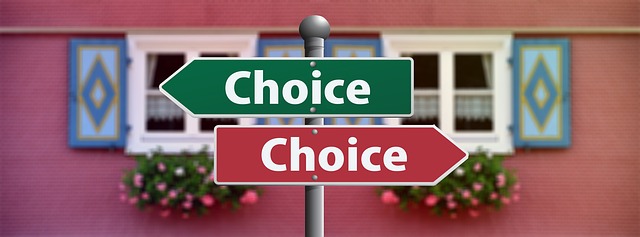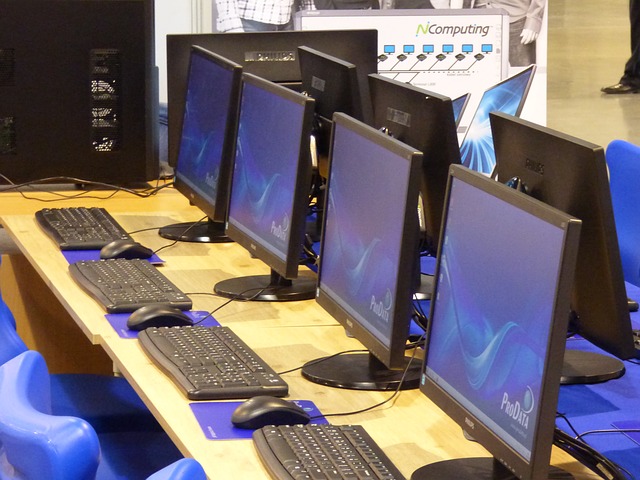School admission policies in the United Kingdom apparently selectively discriminate against parents who have English as a second language or work at weekends, most notably, with popular schools.
These popular schools develop complex policies that are difficult to understand by non- native parents. Acquiring a 12-page policy is labor-intensive for the reader who lacks the confidence to decipher admission intentions.
These schools admission policies selectively reduce the number of students admitted into the school as parents are either less fluent English speakers. Elizabeth Coatman, a state education specialist at Good School Guide, describes popular school policies as plain discriminatory.
Irregularities in school admission policies
Typically, all schools should have similar policies with minor differences, but more often, it is not the case. Also, the same criteria should be adopted by all schools when they have reached their admission limits. Alternatively, the admission policies should be published on the school’s websites to the reach of the public.
The popular schools adopt these policies as a means of reducing applications from students. Faith schools sometimes require an applicant to worship either on a Saturday or Sunday, thereby limiting the chances of children whose parents work at weekends. They also have additional paperwork and favor children who have been baptized and are from church-going families.
However, with the efficient functioning of admissions watchdog and Schools Adjudicator, complex school admission policies will be reduced. The Good School Guide believes admissions watchdog can ban policies that favor certain social groups when given the authority.
4.6 percent ends in a non-preferred school
The Schools Adjudicator would attend to additional admission requirements of schools confirming their illegibility and following through with implementation as necessary.
Secondary school applications this year reached 604,500, which is 3.7 percent of last year’s applications.
As expected, popular schools had more applications and therefore turned down a lot of requests resulting in 4.6 percent (28,000) being offered a place in a non-preferred school.
The application school system allows parents to select between three to six schools as different choices, which made it possible for applicants to gain admission to the non-preferred school.







